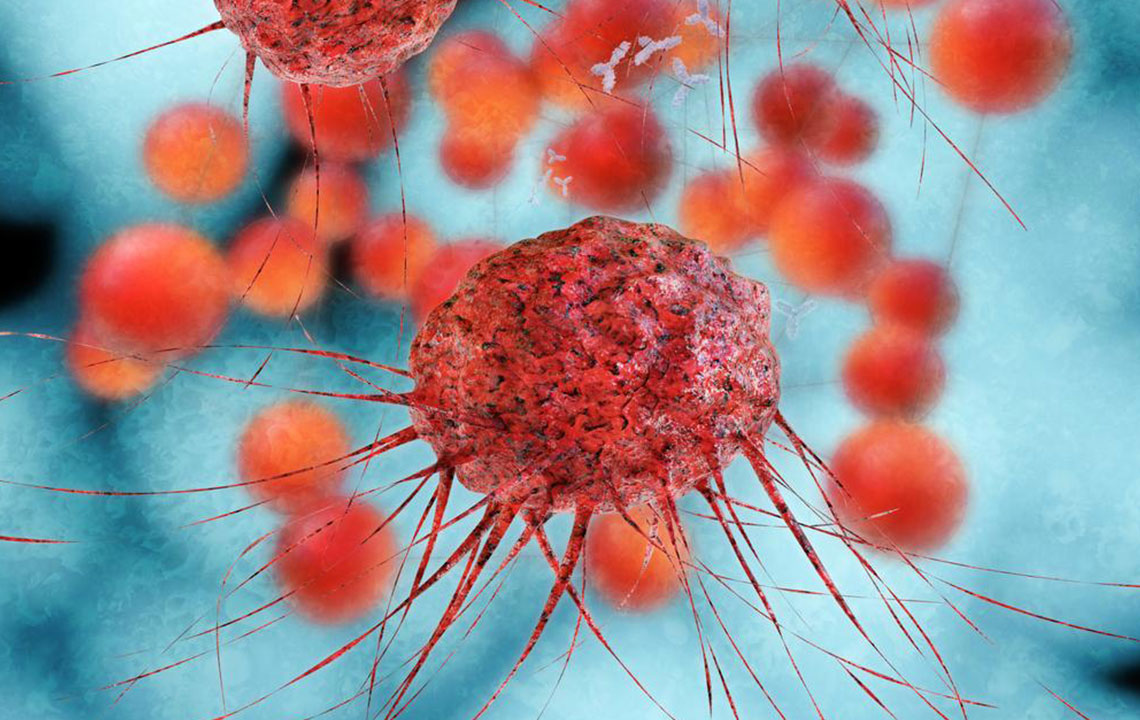Comprehensive Guide to Managing Advanced Breast Cancer: Symptoms, Diagnosis, and Treatment Strategies
This comprehensive guide explores advanced breast cancer, emphasizing its symptoms, diagnosis, and modern treatment options. It provides valuable insights into managing metastasis, highlighting systemic therapies, targeted treatments, and supportive care strategies. Early detection and personalized care are crucial for improving outcomes, and ongoing research continues to advance solutions for patients with this serious condition.

Comprehensive Guide to Managing Advanced Breast Cancer: Symptoms, Diagnosis, and Treatment Strategies
Advanced breast cancer, also known as metastatic breast cancer, occurs when the disease spreads beyond the primary tumor in the breast to other parts of the body, including the bones, liver, lungs, brain, or distant lymph nodes. This stage of breast cancer is often considered incurable; however, there are a variety of treatment options available that focus on prolonging life, controlling symptoms, and improving the patient's quality of life. Understanding the nature of advanced breast cancer, recognizing its symptoms, and exploring current treatment approaches are essential for patients, caregivers, and healthcare professionals alike.
Understanding the Symptoms and Signs of Advanced Breast Cancer
Detecting advanced breast cancer early can be challenging as initial symptoms may be subtle or absent. As the cancer progresses and spreads to other organs, different symptom patterns emerge depending on the affected area. Common early signs include a persistent lump in the breast or underarm area, which may suggest the spread to nearby lymph nodes or the chest wall. Changes in the skin over the breast, such as redness, dimpling, or ulceration, can also occur.
Additional symptoms often relate to specific organs involved:
Bone involvement may manifest as persistent bone pain, fractures, or increased calcium levels in the blood (hypercalcemia), leading to confusion or fatigue.
Brain metastases can cause neurological symptoms, including headaches, memory loss, speech difficulties, vision problems, seizures, or unexplained neurological pain.
The lungs may be affected, leading to shortness of breath, persistent cough, chest pain, or general fatigue.
Involvement of the liver frequently causes symptoms such as nausea, abdominal swelling, jaundice (yellowing of the skin or eyes), and extreme tiredness.
If cancer spreads to multiple organs, the combination of symptoms can complicate diagnosis and management. Sometimes, patients may not experience noticeable symptoms until the disease has advanced significantly, underscoring the importance of regular check-ups and imaging tests for high-risk individuals.
Current treatment strategies aim to extend patient survival while minimizing symptoms. Although incurable, the goal is to control the disease’s progression, improve quality of life, and manage any discomfort or complications effectively. Advances in research continually enhance therapeutic options, offering hope for better management and future breakthroughs.
Modern Treatment Options for Advanced Breast Cancer
Managing advanced breast cancer involves a comprehensive approach that depends on several factors, including tumor characteristics, hormone receptor status, prior treatments, patient health, and personal preferences. These treatments are often systemic, meaning they target cancer cells throughout the body, but localized therapies like surgery or radiation may also play a role in specific cases.
**Systemic Treatments:**
**Chemotherapy:** Chemotherapy remains a cornerstone in treating metastatic breast cancer, used to reduce tumor size, relieve symptoms, and prolong survival. Different combinations of drugs are selected based on the patient’s overall health and specific tumor markers.
**Hormone Therapy:** For patients with hormone-receptor-positive tumors, hormone-blocking therapies such as tamoxifen, aromatase inhibitors, or ovarian suppression are often employed. These therapies work by depriving cancer cells of hormones necessary for growth, particularly in premenopausal women.
**Targeted Therapies and Biologic Agents:** The development of targeted therapies, such as HER2 inhibitors like trastuzumab, has significantly improved outcomes in patients with HER2-positive breast cancer. Newer biologic agents and immune checkpoint inhibitors are under ongoing research to expand options.
**Immunotherapy:** While still emerging, immunotherapy shows promise in some cases by harnessing the body’s immune system to fight cancer.
**Localized and Supportive Therapies:**
Surgery may be indicated in situations such as spinal cord compression or isolated metastatic lesions that threaten organ function.
Radiation therapy can be useful for palliation, especially to relieve pain or prevent neurological deterioration from brain or spinal metastases.
Bone-modifying agents like bisphosphonates or denosumab are used to reduce bone complications.
**Clinical Trials and Personalized Treatment Plans:**
Participation in clinical trials offers access to cutting-edge therapies and is highly encouraged for eligible patients. Personalized treatment approaches are increasingly tailored based on genetic, molecular, and histological analyses of tumors, leading to more precise and effective management strategies.
**The Importance of Multidisciplinary Care:**
Managing advanced breast cancer requires a team approach involving oncologists, radiologists, surgeons, palliative care specialists, and support services. Regular monitoring, imaging, and assessments are vital to adapt treatment plans and address emerging challenges promptly.
Early Detection and Prompt Treatment: Critical Factors for Better Outcomes
Prompt medical attention upon noticing symptoms or changes is crucial. Early intervention can significantly impact the effectiveness of treatment and overall prognosis. Patients are encouraged to maintain open communication with their healthcare team and adhere to recommended screening guidelines, especially if they have risk factors such as family history or previous high-risk lesions.
Through ongoing research, personalized medicine, and multidisciplinary care, the management of advanced breast cancer continues to evolve, offering hope and improved quality of life for patients facing this challenging diagnosis.





